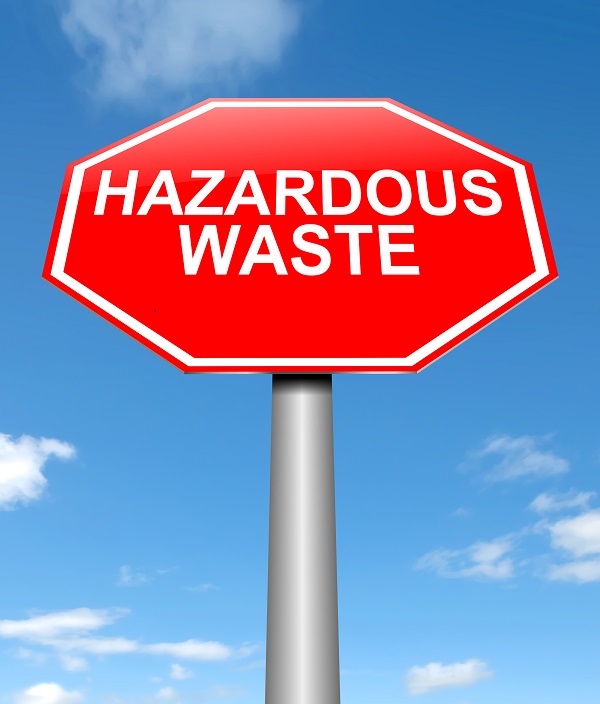Concerning chemical consumption, the goal for industrial businesses and other types of industries the use chemicals for a number of reasons and purposes are to effectively minimize the amount of consumption when possible. Moreover, an additional goal should be to find, discern, and execute the utilization of eco friendly, green alternative when available. Ecolink acknowledges that there is no such thing as the perfect chemical, or chemical cleaning substitute. However, chemical cleaning substitutes exist that enable ways to drastically reduce and practically eliminate hazardous toxins and pollutants that come from chemical cleaning solvents. Industrial businesses must be cognizant and proactive in locating and transitioning to alternative chemical cleaners that reduce the amount of harm that can emanate from many types of cleaning solvents.
Ecolink has designed what is called a “hazard ladder” that rates environmentally preferred choices as it pertains to the chemical consumption of an industrial organization. This hierarchy of proposed methods and choices should serve as a foundation for evaluating alternative cleaning and degreasing components for a given chemical application. The following will list, in order, the most preferred to the least preferred choices regarding altering your company’s chemical consumption for the better:
Avoid the need to clean – Although Ecolink recognizes how difficult this would be to accomplish, finding methods of keeping your parts, metals, components, and raw materials from getting dirty or covered in inhibiting filth in the first place is the best way to reduce your industrial organization’s chemical consumption.
Modify the part or contaminant – Non solvent based cleaning methods and technologies exist, such as water based cutting fluids and no-clean flux, which have proven to clean and degrease raw materials quite effectively.
Use high pressure water or water based cleaners – similar in idea to the second choice, higher pressure and water based cleaners are nonflammable and non-halogenated, making for a much safer parts cleaner.
Use terpene, aliphatic hydrocarbon, and dibasic esters – Very similar to preferred method number three, these types of parts cleaners and degreasers are also nonflammable and non-halogenated, making the technology a much safer alternative to other chemical cleaners.
Use alcohol and acetone – Though it is a flammable solvent, these types of chemical cleaners do not deplete the ozone in any way, and present a low halogenated alternative to most other kinds of chemical cleaners.
Use HFE and HFC blends – A step below the previous suggested alternative, at least HFE and HFC blends, though halogenated, are non ozone depleting.
Use N-Propyl Bromide and TCE – Very similar in relation to the previous step, nPB and TCE at least in no way deplete the ozone, although they are halogenated.
Ecolink manufactures custom blended chemicals that are just as effective and are eco friendlier alternatives to many of the chemicals above. Contact our professionals today to discuss options, or shop our products here.















